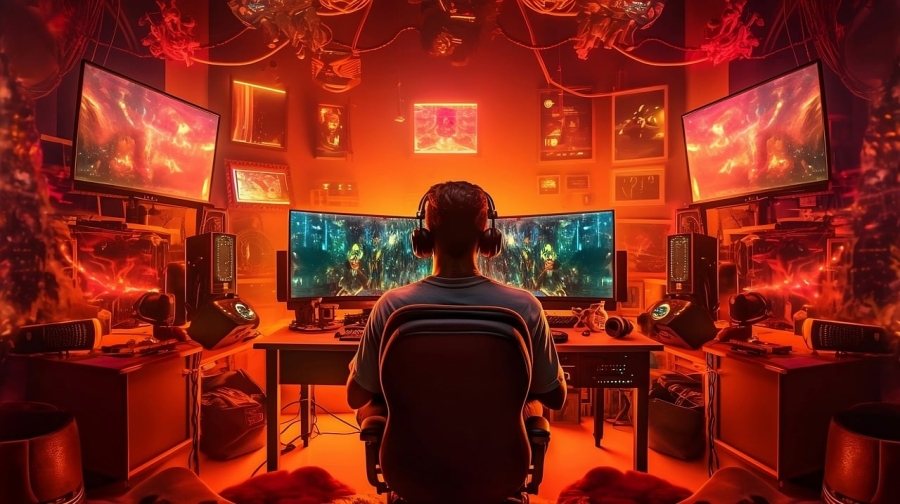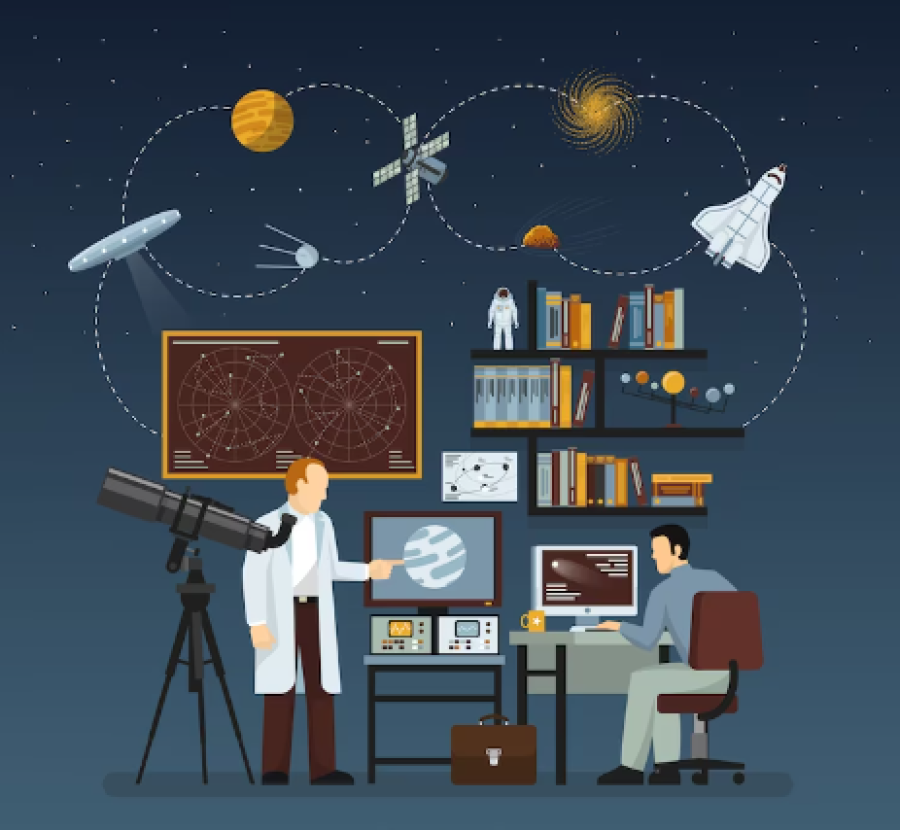Level Up: The Intricate Dance of AI and Gaming
The world of gaming has undergone a remarkable evolution, from pixelated screens to immersive virtual realities. A new player has joined this digital realm, reshaping the way we experience games – Artificial Intelligence (AI). From designing intricate game worlds to shaping the behavior of non-player characters (NPCs), and even generating content on the fly, AI has ushered in a new era of innovation. In this blog, we delve into the captivating synergy between AI and gaming, exploring its influence on game design, NPC behavior, and procedural content generation.
1. AI-Driven Game Design: Crafting Virtual Realities
The process of creating captivating game worlds and levels is an art in itself. AI is becoming a silent architect, influencing game design in remarkable ways. AI algorithms analyze player behavior, preferences, and interactions to tailor gaming experiences. This personalization keeps players engaged by adapting challenges, rewards, and storyline elements to match individual preferences.
Furthermore, AI-assisted design tools help developers create detailed landscapes, characters, and animations with greater efficiency. AI can generate environments based on real-world data, ensuring that game worlds mimic reality with astonishing accuracy.
2. NPC Behavior: The Illusion of Intelligence
Non-player characters (NPCs) breathe life into gaming worlds, creating the illusion of dynamic interactions. AI is at the heart of their behavior, making NPCs react intelligently to player actions and provide a realistic gameplay experience.
Machine learning algorithms enable NPCs to learn from player interactions, adapting their strategies and responses over time. This dynamic behavior adds an element of unpredictability to games, enhancing replayability and challenging players to devise new tactics.
3. Procedural Content Generation: The Art of Endless Possibilities
Creating vast game worlds by hand can be a monumental task. AI steps in with procedural content generation, where algorithms create landscapes, levels, and even narrative elements on the fly. This technique not only saves developers time but also results in virtually limitless game scenarios.
In procedural content generation, AI algorithms use predefined rules to generate random yet coherent game elements. From generating endless mazes to crafting unique weapons, procedural content generation introduces an element of surprise and exploration in gaming.
4. Ethical Considerations and Future Prospects
While AI's influence on gaming is revolutionary, ethical considerations arise. Balancing AI's impact on game design with player agency and creativity is a challenge. Developers must ensure that AI-enhanced games still provide players with meaningful choices and a sense of accomplishment.
Conclusion
AI's entrance into the gaming arena is akin to a new level of gameplay – one where innovation and creativity know no bounds. From crafting immersive game worlds to imbuing NPCs with intelligence and generating content that keeps players engaged, AI is a game-changer. As we embark on this technologically enriched gaming journey, we're set to experience digital adventures that are more immersive, dynamic, and exhilarating than ever before.





Comments (0)